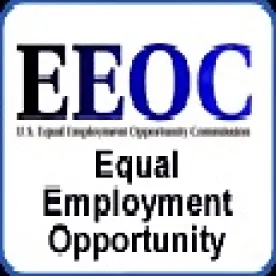What’s old is new again at the Equal Employment Opportunity Commission (EEOC) as numerous district offices have recently expanded their use of fact-finding conferences. Fact-finding conferences are part of the EEOC’s expansive statutory investigation toolkit, but they are one of the lesser-known and perhaps lesser-used tools. The EEOC is authorized by federal law to utilize fact-finding conferences and may specifically require both parties to participate in order to define, resolve, and potentially settle any issues.
According to the EEOC Compliance Manual, a fact-finding conference “is an informal investigative forum, not an adversarial proceeding.” The Compliance Manual outlines best practices for investigators to conduct fact-finding conferences so that both parties can ultimately “assess the merits of settlement.” Although the fact-finding conference has not been deployed as often in some district offices as others, many have noticed a recent uptick in district offices using this tool.
Fact-finding conferences appear to follow a similar format:
An EEOC investigator, acting as the lead, sets the conference. The charging party and potentially his or her representatives (legal counsel, if applicable, but also family, friends, or supporters) attend the conference. Respondents may or may not identify and bring witnesses. The lead investigator conducts the conference. Other investigators, such as enforcement supervisors, may also appear at the conference, but they primarily serve the role of taking notes and observing, while also occasionally participating. (These notes have not been made available after the conference or via a Freedom of Information Act request if a suit was filed.)
To open the conference, the lead investigator may ask the charging party to read the charge and then typically invites the respondent to respond, even if a responsive position statement had been filed. The investigator may then ask the charging party and respondent questions about factual assertions previously made and their responses. Throughout the process, attorneys are usually admonished not to ask questions directly. Attorneys may recommend questions for the investigator, who alone decides whether to ask them.
Conferences may last one to several hours. At some conferences, settlement overtures are made by the investigator with or without an allusion to the agency’s likely finding on the charge or its assessment of the facts. Per the Compliance Manual, any party (or the investigator) can suggest a recess to discuss settlement. The investigator can then reconvene the conference if settlement discussions are unsuccessful. In lieu of or in addition to settlement discussions, investigators may issue a determination on the charge on the spot.
Organizations participating in fact finding may find substantial preparation is necessary, including review of the position statement and any further exchanges with the EEOC, and attendee preparation.





 />i
/>i
